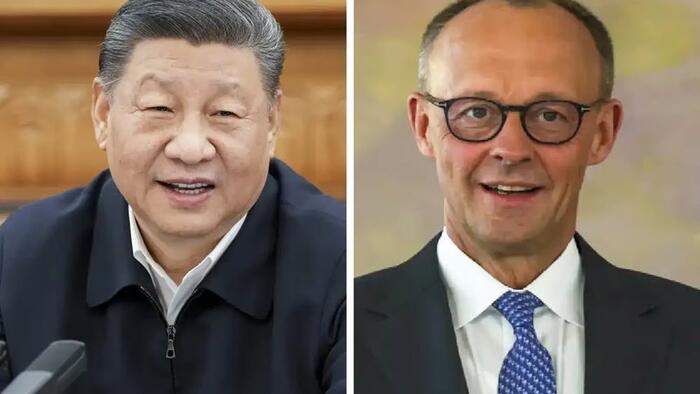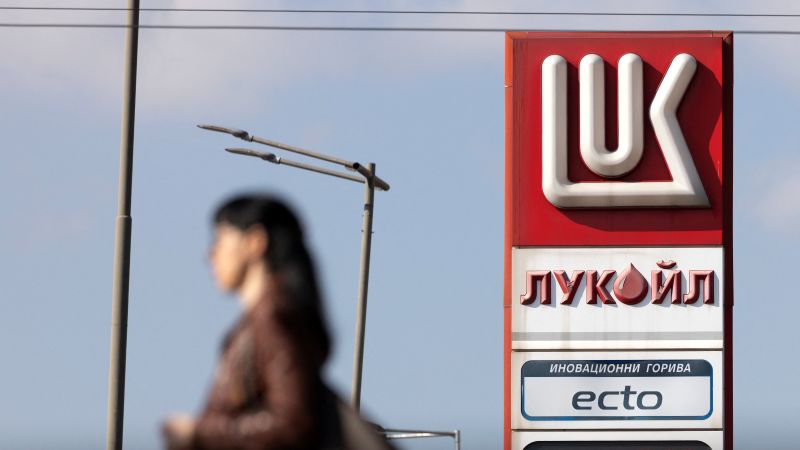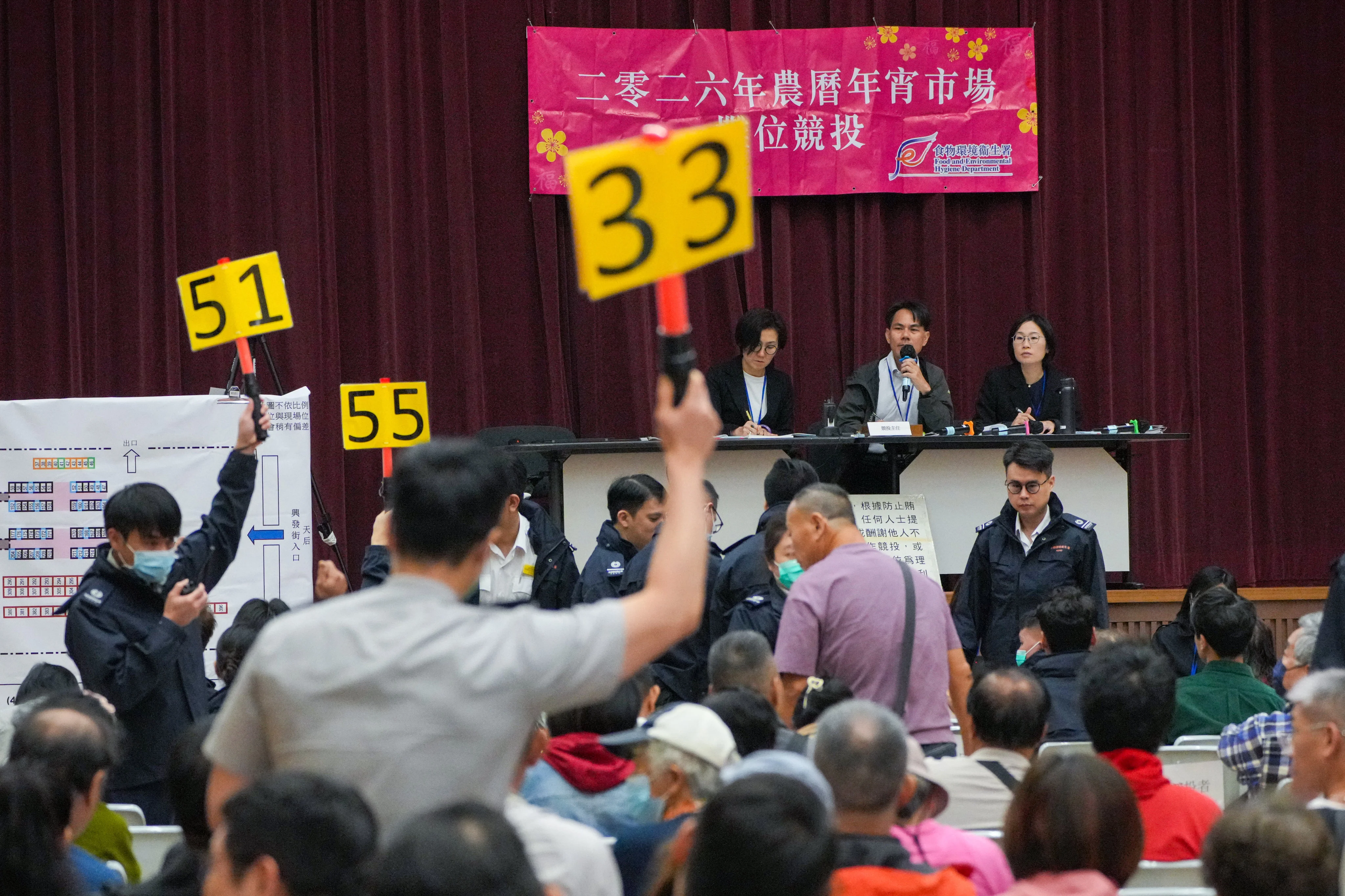Copyright ZeroHedge

Submitted by Thomas Kolbe China is buying itself breathing space in the trade dispute with the U.S. by primarily flexing its elbow against the EU. With its dominance in rare earths and Germany’s import dependence on microchips, Beijing currently holds the upper hand. Germany and the EU would be well advised to recall market-oriented virtues and strategic intelligence. Two seemingly unrelated events reflect the same problem: A week ago, Volkswagen threatened a complete production halt should China ban exports of urgently needed rare earths. The media reacted with shock. Suddenly, the specter of Germany’s resource dependence on China returned. A few weeks earlier, a bizarre economic dispute erupted in the Netherlands. On September 30, the Dutch government decreed state control over Dutch-Chinese chipmaker Nexperia, sparking a genuine diplomatic row with Beijing. The concern: potential relocation of production facilities to China and the loss of technological know-how in chip manufacturing. Deep-rooted Dependence Both events describe quite precisely the situation, especially for German industry. Deeply intertwined with Chinese value chains, it now risks falling victim to geopolitical conflicts. While Chancellor Angela Merkel’s tenure gradually helped diversify export markets like the U.S. or France faster than China, Germany’s so-called de-risking strategy has not prevented roughly one million German jobs from remaining directly dependent on exports to China. Last year, Germany exported goods worth about €90 billion to China. One in every nine export products heads to the People’s Republic, particularly high-tech products and automobiles. China also remains Germany’s largest import partner with €156 billion in goods. Germany’s chip dependence on China is particularly concerning: 25% of German companies source semiconductors directly from China; in 2024, China was the top supplier, ahead of the U.S. and Taiwan. Across more than 230 product categories, including almost the entire spectrum of electronics and semiconductors, Chinese goods made up at least half of German imports. German - and European - industry is deeply entangled in a web of market and supply chain dependencies that are increasingly difficult, and fragile, to manage geopolitically. The Wind Has Turned For decades, Germany followed a quasi-mercantilist trade model. Benefiting from a domestic low-wage sector, cheap Russian gas, and a relatively undervalued euro from a productivity standpoint, German industry easily secured growing shares in key sectors like automotive and machinery on the global market. Now, with the geopolitical wind having shifted, it becomes clear that the German-Chinese trade partnership risks being shredded amid the storms of the Russia conflict and the U.S.-China trade war. And Beijing, once pressured, does not shy from heavy-handed tactics. Current debates reflect complaints from German companies that rare earths are only supplied in exchange for the disclosure of trade secrets, client lists, and other sensitive information. This is not a quid pro quo; this is cold-blooded extortion, more than a mere show of power. China’s leadership plays hard, driven by its own economic problems such as high youth unemployment and persistent deflation, which it tries to solve via its heavily inflated export sector. China keeps its export engine running at full throttle through subsidies, pushing foreign manufacturers out of the domestic market. The Chinese power mosaic is only fully understood once we have clearer insight into how industry-hostile NGOs in Europe and North America, backed by China, operate. They helped sow the anti-industrial CO2 climate narrative, escalated attacks on German automotive manufacturing, and simultaneously flooded artificially created climate markets with Chinese solutions. EU Self-Help Group Rarely does it seem that Brussels—and by extension Berlin—act with sufficient vigor, strategic depth, or analytical understanding to seek escape routes from this stranglehold. Too much time, energy, and strategic potential are wasted on EU internal hygiene. No one tackles the frontline issues arising from dependence on China. The economic threat, especially in rare earths, is increasingly visible and leveraged by Beijing as a geopolitical tool. Up to 90% of refining capacities for rare earths are under Chinese control—a heavy bargaining chip when negotiations with China get tough. Attempts at Breakout There is, at least, awareness of the problem. The previous government tried to attract U.S. chipmaker Intel to Magdeburg with a €10 billion subsidy package to improve supply chains prospectively. Intel, however, declined despite the billions—a devastating verdict on Germany’s economic landscape. What a catastrophic admission for Europeans, trapped in their own regulatory web and energy-policy disaster. Intel prefers investing domestically, where President Trump provides competitive conditions and, in effect, sucks investment away from Europe. Europe stands in its own way, failing to stabilize or deepen its value chains. The EU’s attempt, coordinated with national policies, to build a quasi-war economy alongside the heavily subsidized climate complex—a failed energy liberation effort—must be seen as an act of desperation. Without China’s intermediate goods for microchips, rare earths, raw materials, and previously Russian energy, this production buildup will likely remain a vision. The consequence of European paralysis: essential industrial foundations—from raw materials to high-tech end products in electronics and machinery—are crumbling before our eyes due to the energy crisis. It is almost impossible to scale these product groups competitively in Europe, especially Germany. Emancipation Requires Germany At this historical moment, with the Ukraine conflict further fracturing geopolitical power lines, Europe’s fragility is visible. Its energy dependence and resource scarcity weaken its negotiating position. The trade deal—effectively a submission to Washington’s dictate—fits perfectly into this picture: China, the U.S., and other global players know Europe’s Achilles’ heel and increasingly target its energy dilemma, worsened by the exit from nuclear and coal, and the end of Russian gas imports, particularly in Germany. It would be in the interest of all Europeans if Germany took the lead, forcing an end to the counterproductive climate doctrine. A commitment to national sovereignty and market-oriented reasoning, embedded in a competitive EU single market, could revive Europe’s strength. The continent is still technologically capable of catching up and activating its strong capital base. Here lies Europe’s geopolitical leverage. A “Great Reset” is indispensable: liberation from Kafkaesque bureaucracy, lower taxes, and a market-based energy design—a cold detox ending the paralyzing climate dialogues that have infantilized complex economic realities. Cold Detox Unavoidable Harsh as it may be, Germany—and the EU—must pivot 180 degrees to regain attractiveness as an investment location. Capital clearly prefers Trump’s deregulatory U.S. Geopolitically, Europe should aim to exploit Canadian resources—a first step in the right direction. Debates about Greenland’s rare earths should also accelerate. Yet exploration and actual development will take years. Pressure on German and European manufacturers is already rising; negotiation solutions and better political involvement are urgently needed. Aligning geopolitically with Washington to resist Beijing’s extortion attempts is sensible. President Trump is actively building a parallel supply network for industry, securing raw materials with contracts in Australia, Malaysia, Thailand, and Japan—the impressive result of only 72 hours of foreign diplomacy. Merz Stays Passive The German chancellor, in contrast, remains aloof from this arena, leaving it to Ursula von der Leyen’s EU Commission. The Commission offers no visible initiatives beyond a cosmetic European rare earth recycling program. No action gives industry the breathing room it urgently needs. While Washington circles the globe, Berlin appears frozen in bureaucratic stasis. We are witnessing the return of power politics on the global stage of superpowers, the U.S. and China. Europe’s role remains uncertain, but its geopolitical loss is evident. Von der Leyen, Merz, Macron, and Starmer must accept that the era of artistic climate dialogues and trivial feel-good events like COP30 in Brazil is over. * * * About the author: Thomas Kolbe, a German graduate economist, has worked for over 25 years as a journalist and media producer for clients from various industries and business associations. As a publicist, he focuses on economic processes and observes geopolitical events from the perspective of the capital markets. His publications follow a philosophy that focuses on the individual and their right to self-determination.



